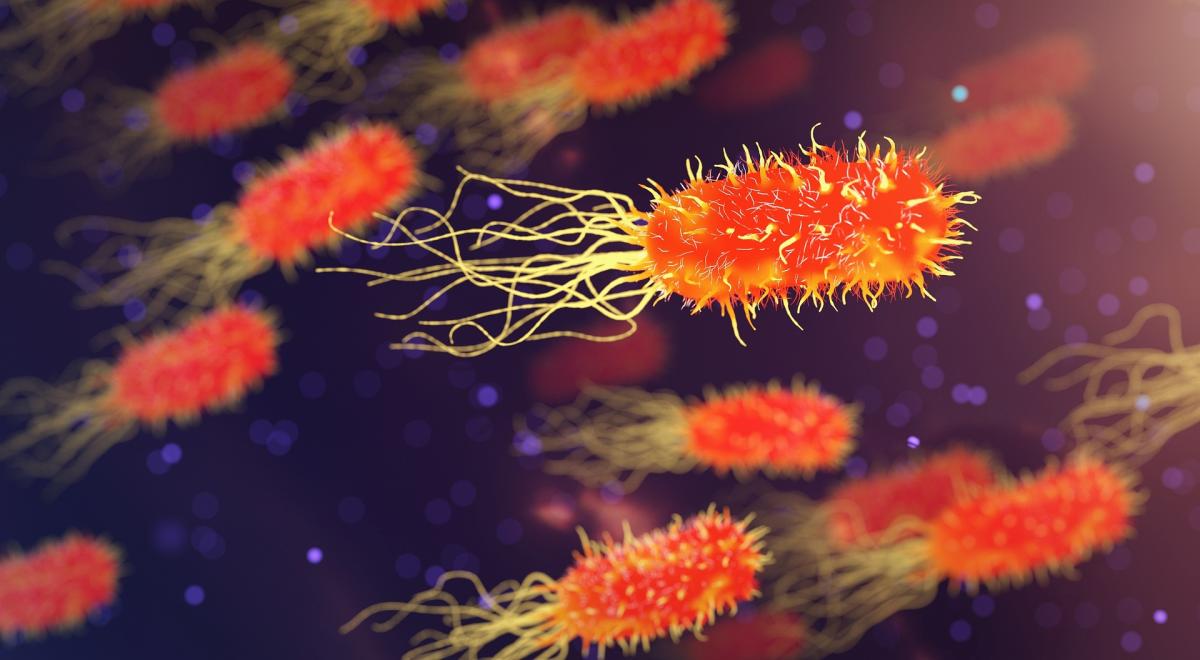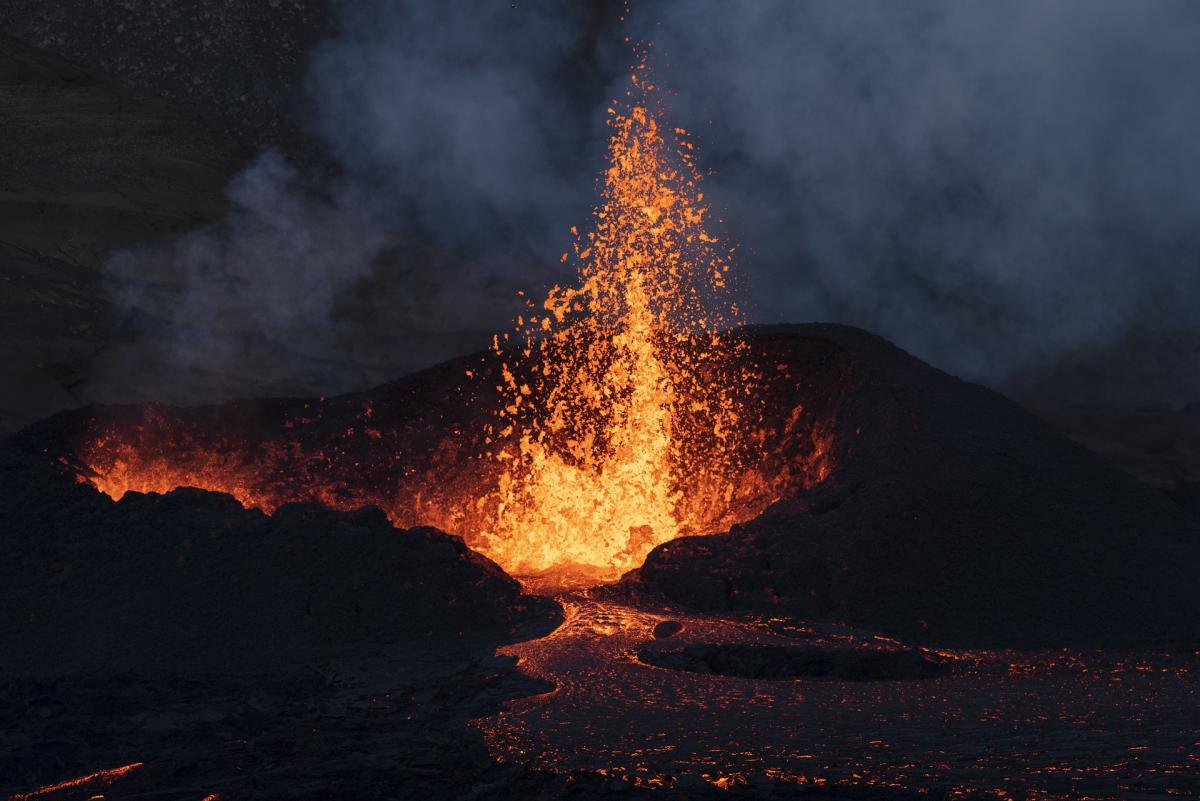
This lesson uses a PhET Simulation to allow students to collect data on the orbits of planets around our Sun, then summarize and share their results. It is designed for students in Grades 9-12.

This lesson uses a PhET Simulation to allow students to collect data on the orbits of planets around our Sun, then summarize and share their results. It is designed for students in Grades 9-12.

Students are introduced to the concept of nanotechnology with a small group research activity about the different industries using nanotechnology.

Students will learn and recall about the different parts and components of an Adafruit Circuit Playground Express. Students will be able to program an Adafruit Circuit Playground Express

This lesson is the beginning stages of planning for a greenhouse. Students work to gather data and information about possible locations for the greenhouse by using their perimeter skills.

This lesson is designed around competition. Competition is a driving force behind natural selection. If something can survive to reproduce, the traits are passed on. Students will be completing

Part one of a four part project exploring the movement of the brain upon impact in everyday activities. This lesson uses Pocketlab Voyager sensors to analyze brain movement in high impact activities

Students will use an understanding of the sun as an energy and heat source to design a device to direct the sun's heat to aid with growing plants. The students will go through the 5 E's and the

Students will be using simple equipment to demonstrate the 3 laws of motion. They will be incorporating technology, math, and the scientific method to demonstrate what they know.

This lesson allows students to explore why volcanoes are shaped differently and why they erupt differently. Students will investigate viscosity, silica content of igneous rock samples, and perform